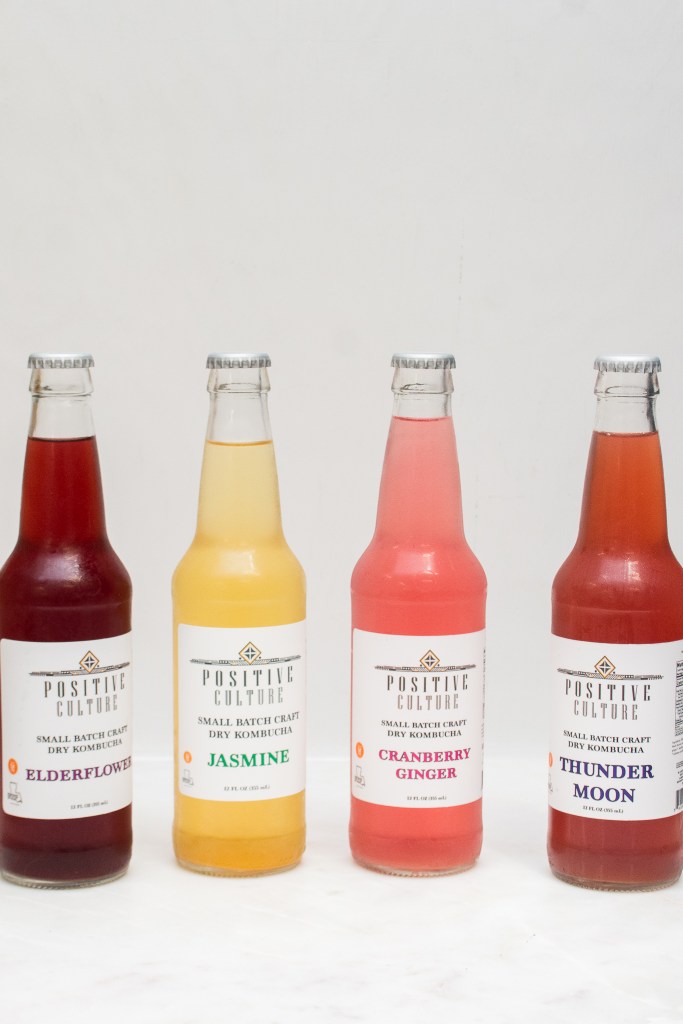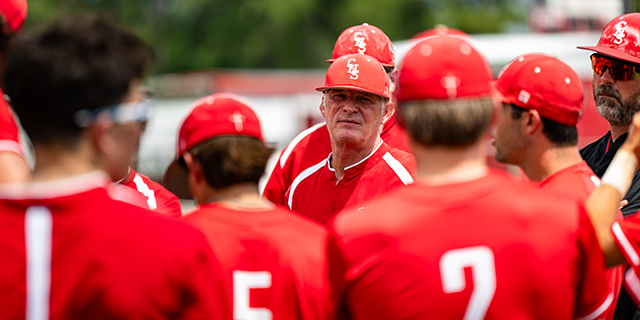Spilling the Tea – A Couple’s Journey to Wellness
Published 2:11 pm Friday, October 6, 2023

- R2 Kombucha bottles .jpg
Making kombucha as a business was the last thing on the minds of Rosanna and Ron Czarnecki as they dealt with Rosanna’s declining health following a major injury. But when Rosanna got her first taste of the fermented probiotic tea and discovered its benefits firsthand, she followed her instincts to provide the same positive experience to others by producing it herself and starting R2 Positive Culture.
Though kombucha (kum-boo-cha) dates back to over 2,000 years ago in Manchuria, China, Rosanna first learned of it in her research of fermented foods. “My doctor suggested I include fermented young coconut water into my diet to help with digestive issues,” she recounts. “That led me to dive into a healthier diet through The Weston A. Price Foundation, and that’s where I started reading about kombucha. It took me a while to find some, but I had my first taste in 2005 when I found it in New Orleans. It was good! – slightly sweet and tangy. I liked how I felt after drinking it and I decided to make it myself at home.”
Trending
Though she had a recipe, she didn’t know how to go about finding the SCOBY, the symbiotic culture of bacteria and yeast, needed to start a batch. Then, by chance, she met a young chemistry major attending UL who had some of the culture starter, and he showed her how to make kombucha.
“Once I grasped the process, I enjoyed it immensely and couldn’t get enough,” says Rosanna. “It detoxed my body from the antibiotic cocktails and other medications that had been given to me; and I don’t have any of the major digestive problems that I was having before. I drink it in place of water to hydrate.” Packed with organic acids, probiotics, organic acids, Vitamins B and C and antioxidants, the superfood elixir has been reported to help a slew of other ailments. “Anytime you ingest a product that’s fermented, it helps your body absorb the nutrients in that product,” Rosanna adds.
After much trial and error and getting the right balance of the ingredients, the Crazneckis began selling their kombucha in 2010 at farmers markets in Lafayette. It was a good business idea involving only four ingredients: tea leaves, water, sugar and SCOBY.
By 2018 the business grew and the couple moved production to a facility on Bertrand Drive in Lafayette, launching R2 Positive Culture, the first kombucha in Louisiana to have its label approved by the state. The 1,200-square-foot lab allows more room for the many glass containers, 20 5-gallon and eight 3-gallon stainless steel kegs. They are now able to brew about 50 gallons a week. Making the kombucha is a six-day brewing and bottling production for Rosanna and a few helpers. Ron does invoicing and enjoys making deliveries.
It’s a far cry from their previous careers. Rosanna is an established artist who has traveled extensively to teach her techniques of her painting on silk. Ron is a 20-year Marine Corps veteran who then went on to work another two decades as a physicist in the oilfield where his accomplishments included developing a nuclear tool that aided in drilling.
Talking about what she says can be an intimidating process Rosanna explains the making of kombucha. “We brew the tea leaves, add organic sugar and kombucha from a previous batch, to inoculate it, and then add the SCOBY, which is a living culture that looks like a flat slimy disc of cellulose. One SCOBY can brew multiple batches of kombucha. The SCOBY eats the sugar and creates probiotics, organic acids, vitamins, yeast and antioxidants. The elixir is fermented in 2 ½-gallon glass containers for 7 to 10 days. When the pH level reaches 3.25, we pull out the SCOBY and strain the tea into a container, then add flavorings.”
Trending
The taste, as Rosanna describes it, is refreshing, crisp and “a lot of words that I can’t even think of to describe it.” But she says it’s the homemade taste that brings kombucha aficionados back for more. “A lot of commercial brands taste sour after going through shipping and sitting in the heat. We have control over our flavors because we handcraft in small batches and use real, organic ingredients,” she points out.
Kombucha is made with any one of the six true tea types which contain many antioxidants. Rosanna uses black, honeybush, rooibos and yaupon, but prefers sencha green because she’s found it does a better job at allowing more flavors to come through.
The 12 and 16-ounce glass bottles come in 14 flavors including a low-sugar variety, two caffeine-free options, and specialty teas, the newest popular flavor, raspberry mojito.
Several of the ingredients like peppermint, turmeric, basil, rosemary, cayenne and lemons are grown organically by Rosanna at her home and in the state-certified garden at the facility. Others like elderflower, anise hyssop, wildcrafted reishi mushrooms and wild yaupon are harvested locally, while the honey is sourced from a family-owned company in Denham Springs.
Branching out to additional health food products, R2 Positive Culture provides kefir soda (the limoncello is a best seller), fermented honey, tinctures, kvass and fermented foods, like the sauerkraut (a constant sellout) and the fermented black bean dip.
Most recently Rosanna’s efforts in using her knowledge of kombucha and fermentation to help others has gained her the support of many in Lafayette’s health and wellness community. And it all started because she didn’t want to see others suffer like she did.





